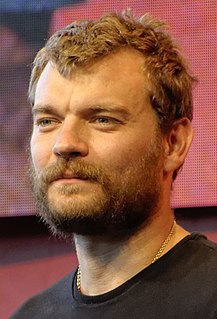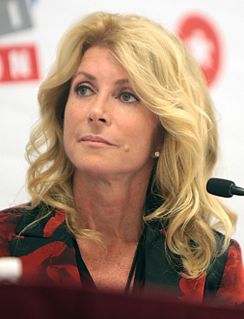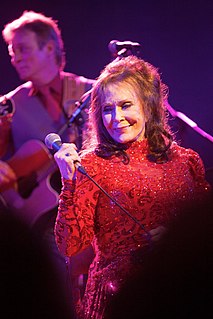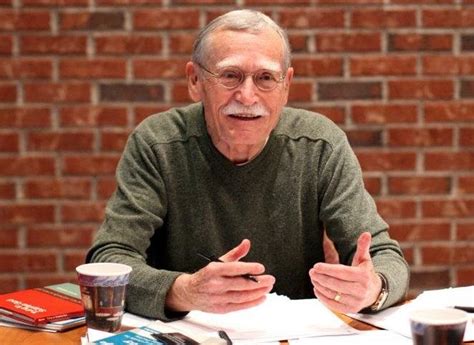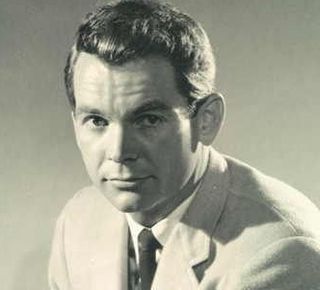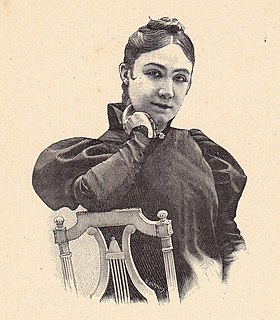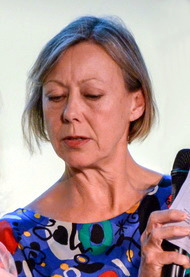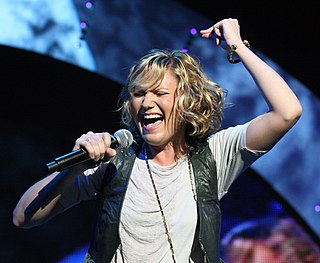A Quote by Adriana Trigiani
'All the Stars in the Heavens' takes place during the golden age of Hollywood, around an imagined story about Loretta Young; Clark Gable; Alda, a young woman with a secret who is preparing to become a nun but is cast out of her convent; and the scenic artist she meets on the set of 'The Call of the Wild.' It's a big, lush historical novel.
Related Quotes
I did a film called 'Worlds Apart' about a Jehovah's Witness. I was the love interest - the male lead - but the story was about the female lead, a young girl who is a part of this cult, and she wants to break out. She meets a guy who has to help her. She has to find out who she is. It's more like a coming of age story.
Who could quarrel with Clark Gable? We got on well. Whenever anyone on the set was tired or depressed, it was Gable who cheered that person up. Then the newspapers began printing the story that Gable and I were not getting on. This was so ridiculous it served only as a joke. From the time on the standard greeting between Clark and myself became, 'How are you not getting on today?'
Mine is a story about a teenage single mother who struggled to keep her young family afloat. It's a story about a young woman who was given a precious opportunity to work her way up in the world. It's a story about resiliency, and sacrifice, and perseverance. And you're damn right it's a true story.
My mother didn't feel sorry for herself, she was left with no child support, no alimony at a very young age, with a child to raise, a high school education and she just figured it out. She didn't complain, she didn't rely upon government, she relied upon her own skill set, her own self confidence, her own drive in moxie and her own duty to me and her and she relied upon her family and her faith.
Director Park always talked to me about her in a very innocent way, that the story was of her coming of age and her sexual awakening and her going from girl to woman and that she had the same desires and hopes as other young people in terms of being very infatuated, which comes in the form of her uncle, which is very unconventional.
Celia [Brady] is a young woman who, you know, she's still got that fresh young vibe about her but at the same time she's quite wise beyond her years and very mature and she has that womanly, sexy quality, but at the same time she's very youthful in her clothes. She has that interesting mix between the two. I really love that balance about fashion.
A very special case. A few years more, and that pretty creature who you love too much, I think, will, without ever loving them, have known as many men as there are beads on her aunt's rosary. No happy medium! Either a nun or a monster! God's bosom or sensual passions! It would, perhaps, be better to put her in a convent, since we put hysterical women in the Saltpetriere! She does not know vice, she invents it!" That was ten years ago before the day our story begins and... Raoule was not a nun.
This is the secret I kept from you, Bails, from myself too: I think I liked that Mom was gone, that she could be anybody, anywhere, doing anything. I liked that she was our invention, a woman living on the last page of the story with only what we imagined spread out before her. I liked that she was ours, alone.

